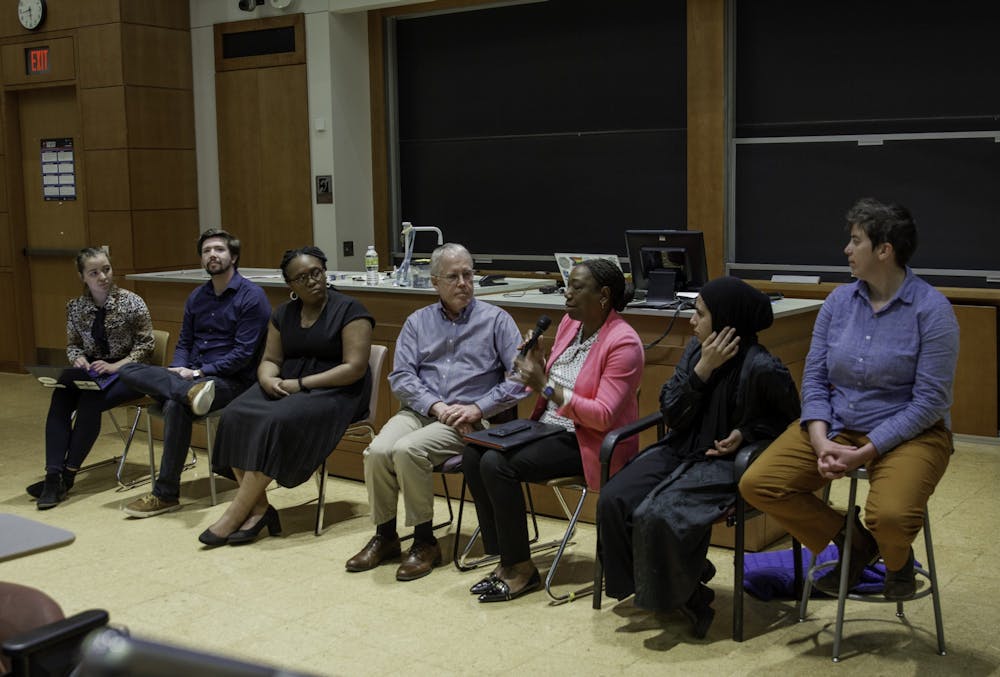The University Commission on History, Race and a Way Forward — a group formally charged by Chancellor Kevin Guskiewicz to provide recommendations on the potential renaming of campus buildings — delivered a report to the chancellor over five months ago. Although the University has recently renamed four campus buildings, the Commission's recommendations for the renaming of 10 additional buildings remain unmet.
The Commission was formally charged by the chancellor in spring 2020. That summer, the UNC Board of Trustees followed Commission recommendations by voting to overturn a moratorium on renaming as well as strip the namesakes of four campus buildings named after white supremacists.
In April 2021, the Commission recommended removing an additional 10 white supremacist namesakes from campus buildings, which was not met as promptly as the previous four.
Later that year, Guskiewicz created a new body called the Chancellor’s Committee to Review History and Race Commission Resolution. The Committee was charged with reviewing the Commission’s findings, and it met from Oct. 2021 to Oct. 2022. Now, any action on building renaming must be recommended to the BOT by Guskiewicz directly.
On March 6, a University spokesperson provided a statement from Guskiewicz that is identical to a statement provided to The Daily Tar Heel on Nov. 20, saying that the chancellor is “confident that new names will represent the values of (UNC's) campus and quickly become part of the fabric of (the) community.”
According to statements made on both Nov. 20 and March 6, Guskiewicz “is in the process of reviewing and considering each recommendation individually and thoroughly.”
The 10 buildings included in the most recent commission recommendations are named for people the Commission described as having deliberately chosen actions “terrorizing, exploiting, disenfranchising, and impoverishing their fellow citizens on the basis of color." The list includes five academic and administrative buildings and five residence halls.
Avery Residence Hall, for example, is named for William Waightstill Avery, a former BOT member. According to the Commission’s spring 2021 report, Avery was a slave owner who advocated a pro-slavery position at the 1860 Democratic Convention in Charleston, S.C. The report said that he “campaigned relentlessly” for North Carolina to secede after President Abraham Lincoln’s election and served as a delegate to the Confederate Provisional Congress.
The Residence Hall Association hosted a forum last week with the co-chairpersons of the Commission. They did not have new information on the renaming process for the 10 buildings, but emphasized their previous renaming recommendations.



